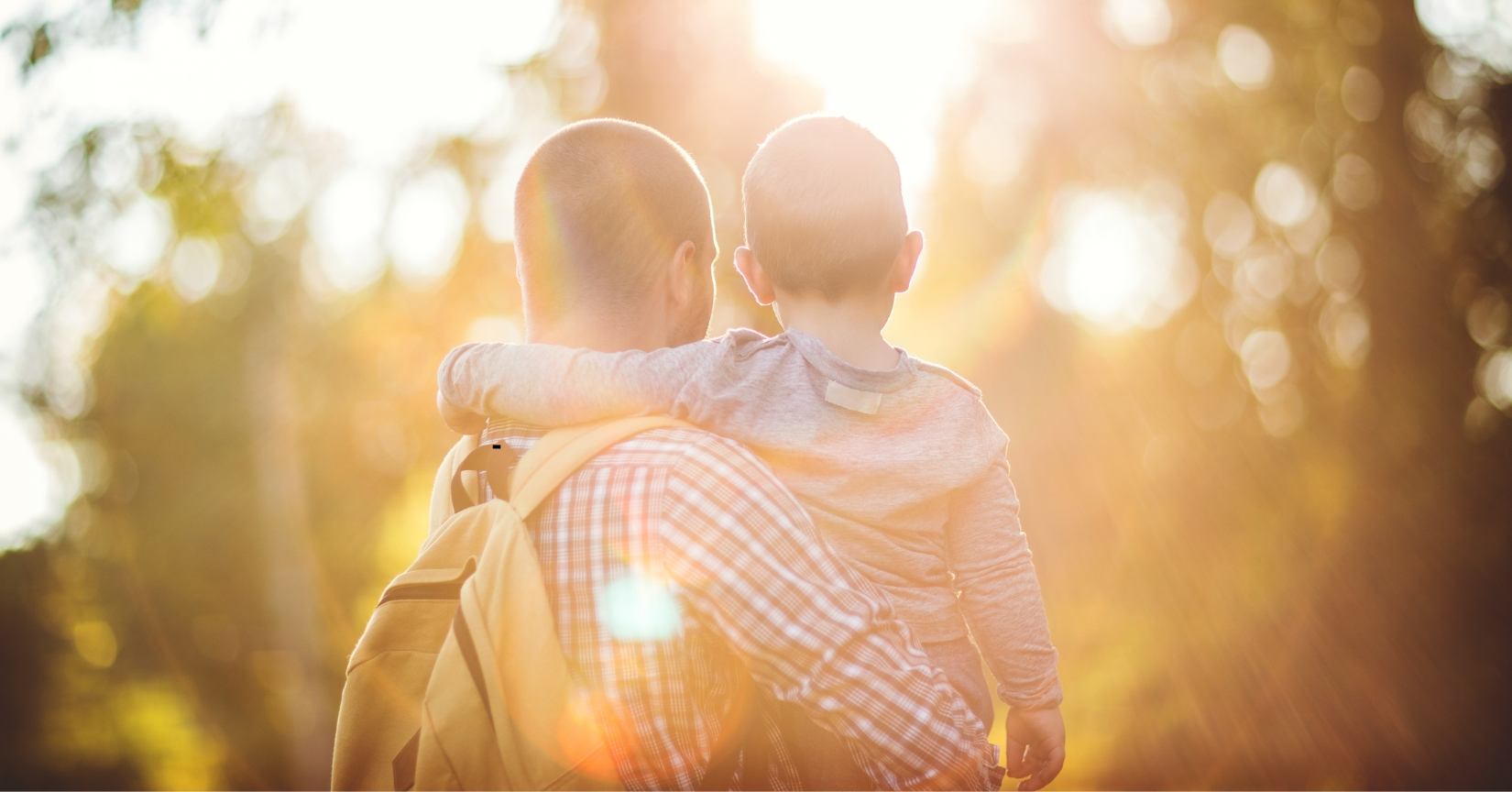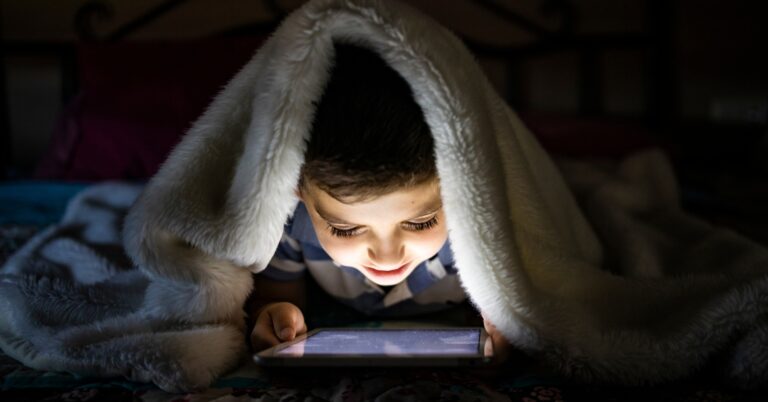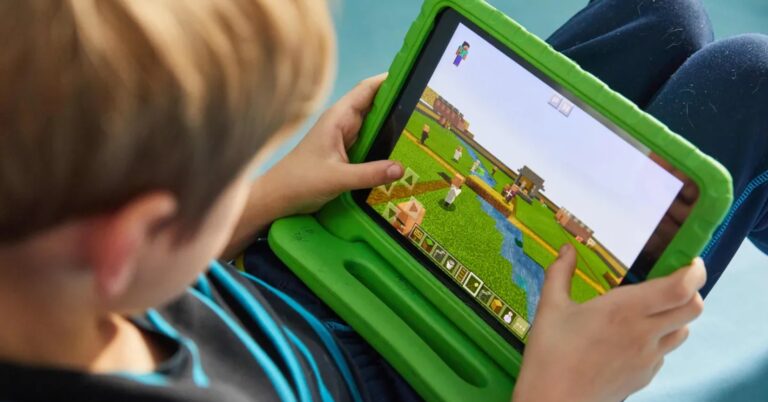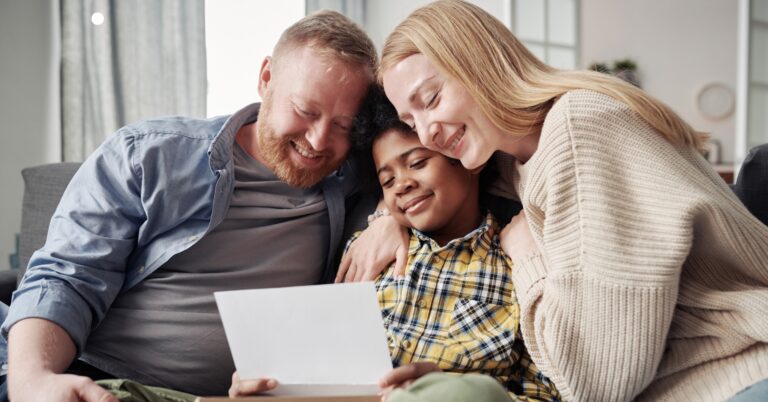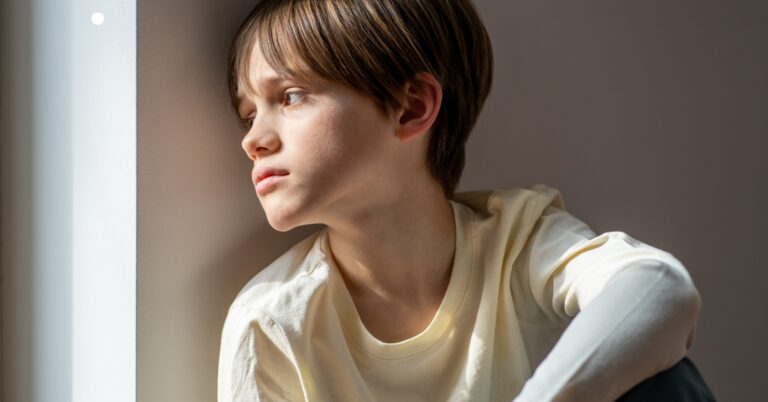Each generation tends to leave its distinct mark on the world, but sometimes these changes can leave the older generations scratching their heads in puzzlement.
When it comes to parenting, Millennials have a unique approach that often leaves Baby Boomers and Generation Xers in a state of confusion or even disbelief.
So, what exactly are these practices that Millennials are adopting that have our elders raising their eyebrows?
After observing numerous Millennial parents and contrasting their methods with those of older generations, I’ve compiled a list of 7 things that set them apart. If you’re from an older generation, prepare to be puzzled!
1. Embracing technology as a parenting tool
Technology has become an integral part of our lives in the 21st century, and Millennial parents are fully embracing it in their parenting style.
Where older generations may frown upon screen time, Millennials see it as an opportunity for learning and development. Tablets are not just entertainment devices, but tools that can provide educational apps and interactive e-books.
For many Baby Boomers and Generation Xers, this heavy reliance on technology in child-rearing is puzzling. They often worry about the potential negative impacts, such as decreased physical activity or impaired social skills.
However, Millennial parents argue that they are simply preparing their children for a future where digital literacy will be a fundamental skill. This divergence in perspectives leads to a generational clash that is both complex and fascinating.
2. Less focus on traditional education
Education has always been regarded as the key to success. For older generations, this meant a strong emphasis on traditional schooling – complete with homework, report cards, and the occasional detention.
Millennial parents are turning this concept on its head. Instead of pushing their children towards a singular focus on academics, they’re advocating for a more balanced approach. They emphasize the importance of creativity, emotional intelligence, and practical life skills alongside traditional education.
Many from older generations find this approach puzzling. They question whether this broad spectrum focus might distract children from excelling academically.
Yet, Millennials are steadfast in their belief that nurturing a well-rounded individual is more beneficial in today’s fast-paced, dynamic world. They argue that the skills their children learn outside the classroom will equip them better for the challenges of the future.
3. Shunning the concept of ‘children should be seen and not heard’
Older generations were often raised with the adage that “children should be seen and not heard”. This philosophy prioritized adult comfort and convenience over the voices and feelings of children.
On the contrary, Millennial parents are challenging this concept. They encourage their children to express their thoughts, feelings, and opinions openly. Even when it creates uncomfortable situations or conversations, Millennials believe in the importance of giving their children a voice.
This shift in parenting is perplexing for many older individuals. They worry that this could lead to a lack of respect or discipline.
Millennials argue that by validating their children’s emotions and experiences, they’re fostering a healthy emotional development. They believe that this approach will shape their children into empathetic, understanding adults in the future.
4. Delayed parenthood
Millennial parents are waiting longer to have children, a trend that often leaves older generations perplexed.
In the past, it was common for couples to start their families in their early twenties, shortly after marriage. But Millennials are delaying this milestone in favor of establishing their careers, gaining financial stability, or simply enjoying their youth.
Did you know that the average age of first-time mothers has been steadily increasing over the past few decades? In fact, in many countries, the average age of a woman having her first child is now well into her thirties.
This trend towards delayed parenthood is a source of puzzlement for many from older generations. They wonder if these ‘older’ parents will have the energy and health to keep up with young children.
Millennial parents contend that by postponing certain milestones, they can provide their children with a more stable and well-prepared environment for upbringing. They believe this adjustment will ultimately prove beneficial for both themselves and their children.
5. Breaking down the gendered roles
Parenting, for older generations, often came with clear-cut gender roles. Mothers were generally the primary caregivers, tending to the children and the household. Fathers, on the other hand, were the breadwinners, responsible for providing for the family.
Millennial parents are shaking up this traditional model. They’re blurring the gender lines and sharing responsibilities equally. You’ll see Millennial dads at school pick-ups, changing diapers, and cooking meals. Similarly, Millennial moms are climbing corporate ladders and leading boardroom discussions.
This transition raises questions for some from older generations about its impact on familial structures and children’s perceptions of gender roles.
Millennial parents advocate for shared responsibilities and the abandonment of stereotypical roles, aiming to cultivate an environment of equality and respect for their children. They see this as a means of preparing the younger generation for a society that values inclusivity and fairness.
6. Redefined discipline
Discipline in the past often involved a firm hand, strict rules, and the occasional spanking. Ask older generations and they’ll probably tell you that this kind of discipline kept them in line and taught them respect.
But Millennial parents are reshaping this age-old practice. Instead of the traditional “because I said so” approach, they’re leaning towards discussion and explanation. Rather than shouting or punishing, they’re focusing on teaching their children about consequences and empathy.
This change in disciplinary methods leaves older generations puzzled. They worry that without strict discipline, children might grow up lacking respect for authority or understanding of boundaries.
Millennial parents maintain that this newer approach to discipline cultivates a deeper understanding of right and wrong. They believe it enhances the relationship between parent and child by promoting open communication and mutual respect.
7. Eco-conscious parenting
Our planet’s health has never been a more prevalent topic, and Millennial parents are taking notice. They’re incorporating eco-conscious practices into their parenting, something that wasn’t as common in older generations.
Millennial parents are adopting sustainable habits like using cloth diapers, feeding their children organic baby food, and choosing wooden toys and minimalist lifestyles to decrease their family’s environmental impact. These parents are also educating their children on recycling, composting, and the broader importance of environmental stewardship.
Understanding the generational gap in parenting
The differences in parenting styles between Millennials and older generations don’t necessarily indicate a right or wrong approach. They’re simply a reflection of the changing times and evolving societal norms.
The world today is vastly different from the one Baby Boomers and Generation Xers grew up in. Technological advancements, shifting gender roles, increased awareness about mental health, and our growing consciousness about the environment all contribute to the way Millennials parent.
While it can be puzzling for older generations to understand some of these changes, it’s essential to remember that each generation tends to parent based on their unique experiences and the challenges of their time. Baby Boomers and Generation Xers parented in ways that were shaped by the realities they faced, such as economic instability, a lack of technology, traditional gender norms, and less awareness about mental health.
Meanwhile, Millennials are navigating unprecedented issues like climate change, the digital explosion, an increasingly globalized economy, and a renewed focus on mental health. These challenges inevitably shape their parenting choices.
It’s also crucial to note that even though these changes might seem drastic or puzzling to older generations, they’re often driven by the same underlying desire that all parents share – the wish to provide the best for their children.
Millennials might be challenging traditional norms and practices, but their ultimate goal remains unchanged. Like all parents before them, they’re striving to raise happy, healthy children who are equipped to thrive in the world they will inherit.
So instead of focusing on what seems puzzling or strange about Millennial parents’ methods, perhaps it’s more beneficial for different generations to engage in open discussions. Sharing perspectives and wisdom can lead to a greater understanding of each other’s experiences and challenges.
Parenting is a complex journey that evolves with each generation. By bridging this generational gap, we can foster a more supportive community where every parent feels understood and respected, regardless of their parenting style.


